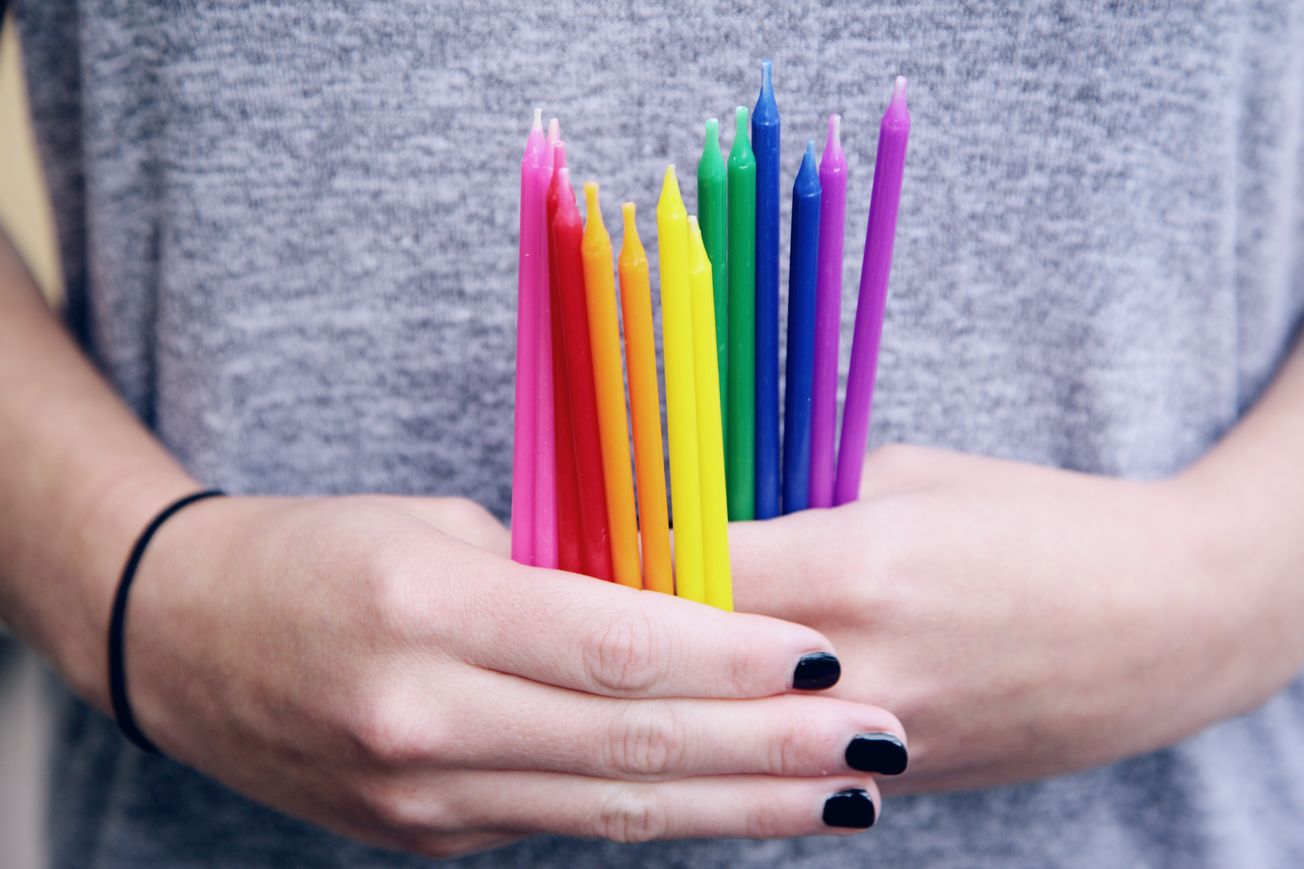Flora Doble reflects on her personal experience of coming out as a lesbian and the mental toll of coming to terms with her sexuality.
Coming out is a difficult and, at times, painful process. I came out as bisexual in 2014 but, after further reflection, came out as gay a year later, announcing my sexuality to my friends and family and talking openly about my sexual orientation.
Like many members of the LGBT+ community, I have struggled with anxiety and depression whilst trying to accept my sexuality. Indeed, tragic figures suggest that 44 per cent of young LGBT people have considered suicide compared to 26 per cent of young people more generally.
My most common anxiety was that I was some sort of sexual pervert, a disgusting person who couldn’t be trusted to stand near women in case I couldn’t control myself.
Internalised homophobia caused me huge mental distress
Fear of a lack of control was, in fact, the reason I didn’t drink until I was out. Despite having no reason not to, I just didn’t trust myself to ‘behave’.
I hated hugging my female friends and sleepovers caused me great anxiety. I remember how often I would refuse to sleep in a double bed with a female friend, and, if I’m being completely honest, how, until very recently, doing so made me very nervous.
No one I knew ever made me feel like I was the image of depravity but internalised homophobia caused me huge mental distress nonetheless.
In particular, I was worried that any amity I displayed would be misconstrued as sexual attraction. This anxiety still plagues me today, despite my often overfamiliar disposition and apparent comfort with public displays of affection.
Also, as a woman attracted to women, the line between friendly endearment and actual flirting seemed especially thin. To me, my friendship felt open to interpretation because of my sexuality, and I felt the need to constantly check that I was acting ‘appropriately’. Today, I try to remind myself that it doesn’t matter if someone thinks I fancy them, but this is easier said than done.
Like many, depression was a harsh accompaniment to my coming out. I was upset that this was my reality and I denied who I was vehemently. I know this is a familiar story but I cannot stress the mental toll this takes on you. There is a reason why so many LGBT+ people say coming out was the best thing they ever did. For me, the freedom and mental release I felt after coming out remains unparalleled to this day.
Yet, we must remember that coming out is not the all-powerful solution to mental health issues
Unfortunately, there are many people who are not in a safe position to come out. To them, I send my love and support. I know the pain, the conflict and the feeling of being trapped in your own brain. Frustratingly, advice is difficult to give as everyone’s situation is different.
All I can think of is to carve out a space in which you can be authentically you. It doesn’t matter where, as long as it’s safe for you. Online, a diary, anywhere where you can free your mind from the weight of denial.
If you haven’t admitted your sexuality to yourself yet, it may hurt to acknowledge who you are but I promise you that, in the end, it is worth it.
Yet, we must remember that coming out is not the all-powerful solution to mental health issues caused by sexual orientation.
People forget that coming out is not a one-time affair but that it happens constantly, sometimes when you don’t even want it to. To this day, I feel all the aforementioned anxieties, despite it being over two years since I initially came out of the closet.
For me, coming out has gotten easier but it has yet to become easy. My heart still races and I still brace myself for the abuse that my internal monologue tells me I should expect whenever I first mention my sexuality to someone.
However, it’s not just new people. One recurring nightmare I have is my friends suddenly deciding that I am some repulsive sinner and cutting all ties with me. Unlikely, I know.
Because of this, I have taken to declaring my sexuality as soon as possible when I meet a new person, as, if they do have a problem with being gay, I can distance myself early on.
As you can imagine, this doesn’t exactly corroborate with my other worry that every woman I know thinks I’m secretly in love with them.
For now, it is the approach to coming out that seems to work best for my mental health. I like to know where I stand with people.
Deep down, I know I love who I am and the community that I am part of
I’m not exactly sure what the point of this article was. Sexuality is so individual and everyone’s experiences are different. Advice, as stated above, is difficult to give and often vague at best.
I suppose I want to make people aware of the examples of mental stress sexuality can cause that aren’t so obvious or immediately visible, to give allies an insight into the mental chaos that is coming out.
Deep down, I know I love who I am and the community that I am part of. One day, I hope that my socially conditioned brain learns to fully and unconditionally love these things too.
On a lighter note, coming out is always easier in song.
Featured Image:









